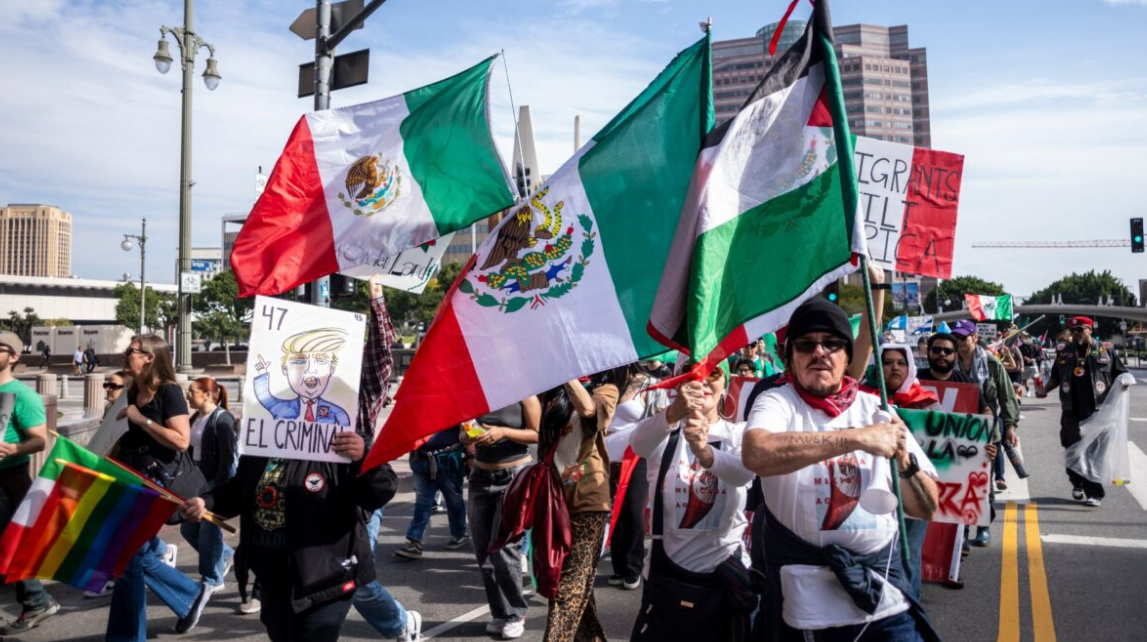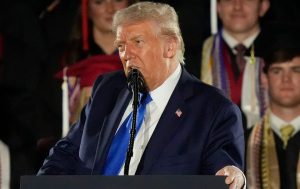Introduction
The debate over immigration enforcement continues to intensify in the U.S. It often sparks deep divides. Recently, a prominent news anchor raised probing questions that highlight these tensions. These questions focus on why immigration laws are enforced so strictly, even against individuals without criminal records. The discussion sheds light on the complexities of immigration policy enforcement.
The Core of the Debate
Immigration enforcement is a sensitive topic. On one hand, some argue that strict enforcement protects communities. On the other hand, others question the impact on those without criminal backgrounds. The anchor’s inquiry pointed to data showing many arrested had no criminal record beyond immigration violations. This raises a crucial question: what is the goal of such enforcement?
Deterrence as a Policy Tool
Enforcement advocates argue that deterring unlawful entry is essential. When laws are not enforced consistently, more people might enter illegally. The government believes that applying immigration law broadly discourages unauthorized stays. This is seen as a way to maintain legal integrity and border security. It is not only about punishing crime but also about upholding the rule of law.
The Challenges of Selective Enforcement
Selective enforcement may seem practical. Yet, experts warn it can lead to unintended consequences. For instance, excluding certain groups from enforcement can encourage more illegal entries. This weakens the system and complicates immigration management. Therefore, immigration authorities maintain that all individuals violating the law must be held accountable.
The Role of the Workforce
An additional complexity lies in the economy. Some sectors rely heavily on immigrant labor, regardless of status. This creates a paradox. Enforcement actions target people contributing to industries like agriculture. Critics ask why these workers face deportation despite their economic role. The administration must balance economic needs with legal obligations.
Public Safety and Community Impact
Questions about public safety remain central. Many individuals detained have no criminal records beyond immigration violations. This blurs the line between enforcement and community trust. Enforcement actions can affect families and workers trying to live quietly. Policymakers must consider how to enforce laws while maintaining social cohesion.
The Legal Framework
U.S. immigration law does not allow for exceptions based on background. Violations of immigration statutes are treated seriously. The law aims to regulate entry and residence effectively. This includes those who overstay visas or enter without permission. Authorities emphasize that this approach applies uniformly to all without legal status.
Conclusion
Immigration enforcement involves difficult decisions. Questions about its fairness and effectiveness will persist. Balancing deterrence, economic needs, and community safety is challenging. The recent interview underscores this ongoing debate. It reveals why answers are often complex and why enforcement policies remain controversial.

Emily Johnson is a critically acclaimed essayist and novelist known for her thought-provoking works centered on feminism, women’s rights, and modern relationships. Born and raised in Portland, Oregon, Emily grew up with a deep love of books, often spending her afternoons at her local library. She went on to study literature and gender studies at UCLA, where she became deeply involved in activism and began publishing essays in campus journals. Her debut essay collection, Voices Unbound, struck a chord with readers nationwide for its fearless exploration of gender dynamics, identity, and the challenges faced by women in contemporary society. Emily later transitioned into fiction, writing novels that balance compelling storytelling with social commentary. Her protagonists are often strong, multidimensional women navigating love, ambition, and the struggles of everyday life, making her a favorite among readers who crave authentic, relatable narratives. Critics praise her ability to merge personal intimacy with universal themes. Off the page, Emily is an advocate for women in publishing, leading workshops that encourage young female writers to embrace their voices. She lives in Seattle with her partner and two rescue cats, where she continues to write, teach, and inspire a new generation of storytellers.









